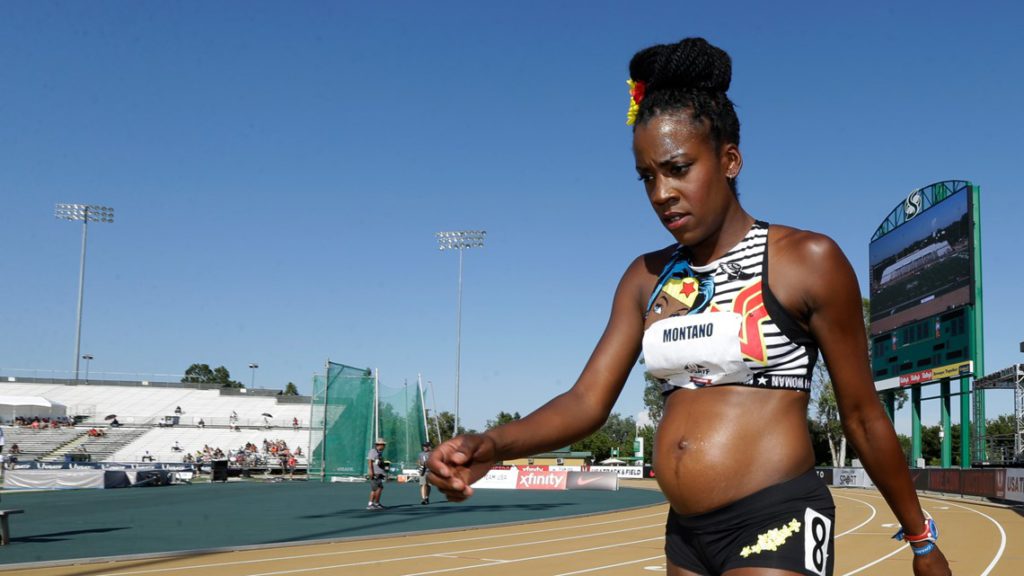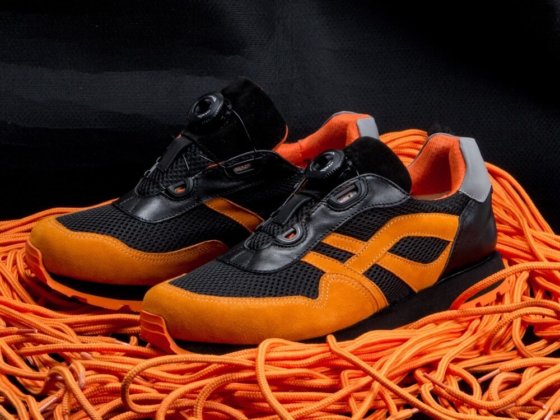Like many other brands, Nike strives to create an image of a company that cares about all athletes.
Emphasizing its "inclusiveness", the manufacturer pays attention to the special needs of female athletes. So, in February, a new advertising company, Dream Crazier, was presented, in which tennis player Serena Williams successfully returned to the sport after the birth of a child. The campaign slogan was "Show them what crazy can do".
But being proud of the achievements of female athletes and supporting them in the implementation of maternal functions, the company met with negative public opinion due to the unwillingness to do this not only in words, but also in deeds. In particular, the story of runner Alicia Montano, an athlete who received recognition as a "pregnant runner" for taking part in competitions when she was eight months pregnant, and also winning prestigious awards when her daughter was only a few months, received a lot of publicity. The athlete told the New York Times that after learning that she was going to have a child and continue her sports career, Nike representatives reacted extremely negatively and threatened to suspend her contract and stop sponsorship payments.

Montano's story has generated a lot of controversy and discussion. Nike limited itself to a somewhat veiled recognition of this state of affairs, confirming that the fees of athletes did go down earlier, the reason being attributed to a decrease in the level of performance. But now this situation has been corrected and the company has promised that not a single athlete is subject to financial sanctions due to pregnancy. At the same time, the company has not confirmed that this state of affairs will be guaranteed by contractual obligations.
Against the backdrop of advertising Nike supports female athletes and demonstrates the image of a modern company that fights for equal rights, such a vague statement could not but cause a storm of discontent, raising the question of the conformity of the declared values and the support of gender equality and the real actions of the company. There is an opinion that Nike should support women, in particular during and after pregnancy, and not threaten them with a reduction in funding.
Based on Montano's story, there was also a broader discussion in the media about the position of women in the world of sports, and in particular about the fact that athletes in most cases are deprived of maternity payments and any support during and after pregnancy. Sports companies that provide sponsorship funding take the view that athletes in this case are not employees, but self-employed. And they must provide their maternity expenses on their own, the sponsor does not bear any responsibility for them.
It is also debatable whether brands should even use social and political themes in their ads, as Nike does. On the one hand, the current situation around the world and in the US in particular leads to the fact that consumers expect this and want to receive support from well-known companies. But at the same time, if manufacturers are not ready to go beyond loud statements and change their policies significantly, taking real actions that are not always financially beneficial for them, this can lead to the fact that their reputation in the eyes of the public will suffer. And the image for such giants as Nike plays a very important role, because due to several similar situations, the loyalty system built and maintained over the years by customers who feel connected to the brand on an emotional level can be shaken.
While many brands, including Under Armor, Adidas, ASICS and many others, are now facing accusations of not supporting women and other minorities (from maternity benefits, to discrimination in the workplace, to corporate culture company), it is Nike that faces the greatest threat. The main reason for this is that Nike positions itself as a women-focused brand. Having built its image on support for gender equality, the company is now faced with the fact that the gap between statements and real actions is becoming too obvious and can lead to significant reputational losses. Whether this will affect Nike's financial performance is not yet known, at the moment the situation has not affected sales of the company's products in any way, and brand representatives say they do not expect any changes, including in the activity of female buyers.










